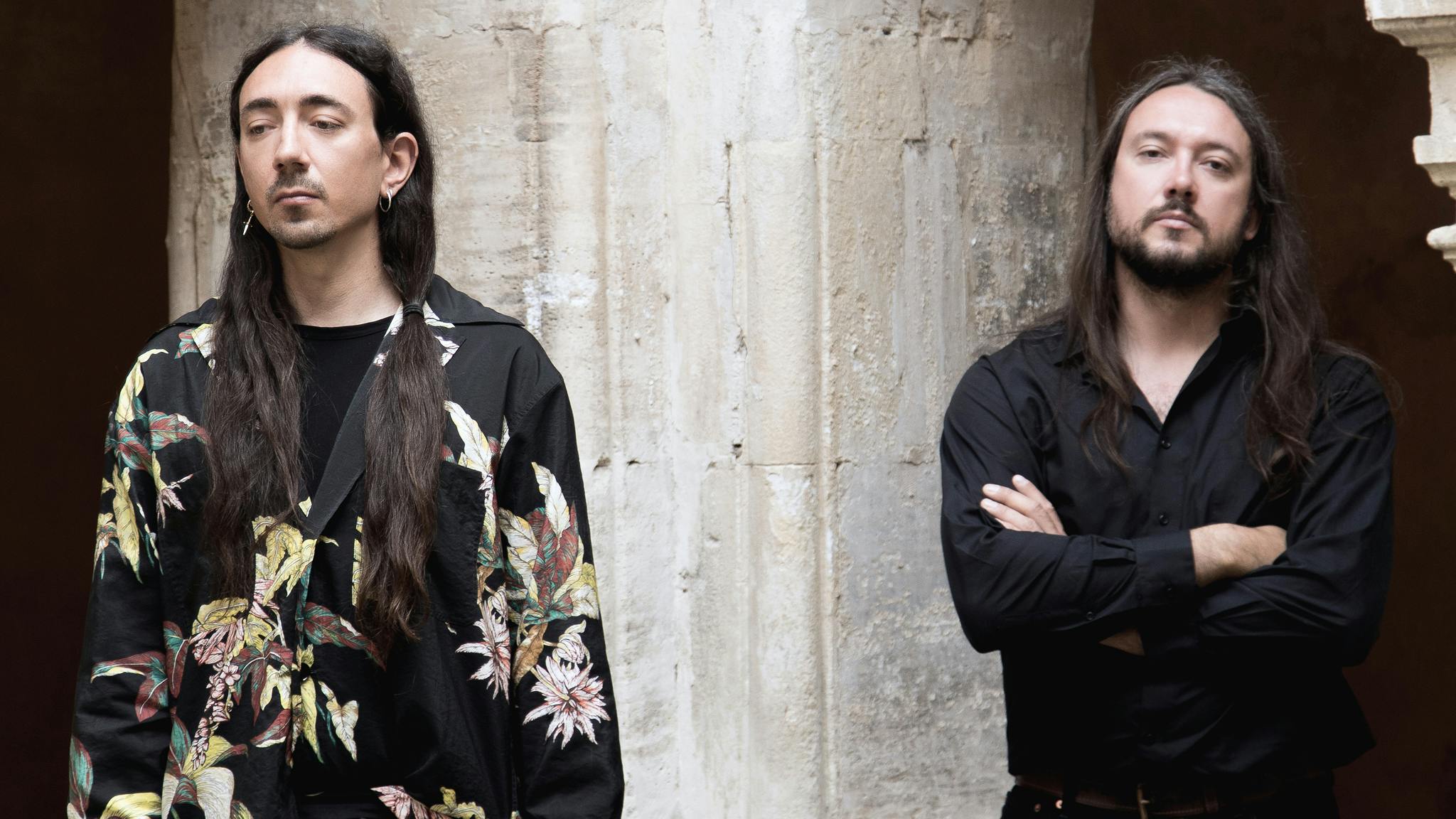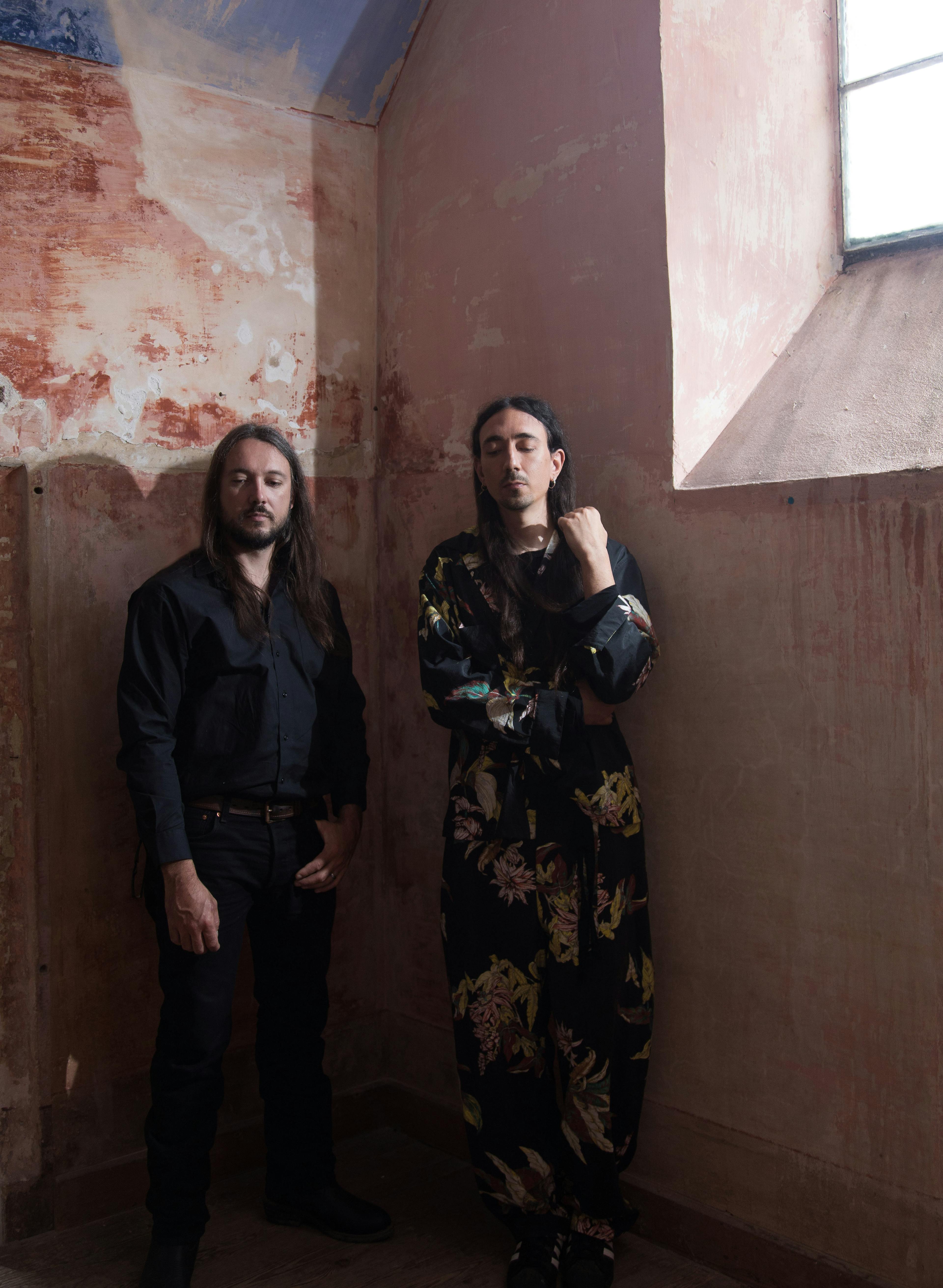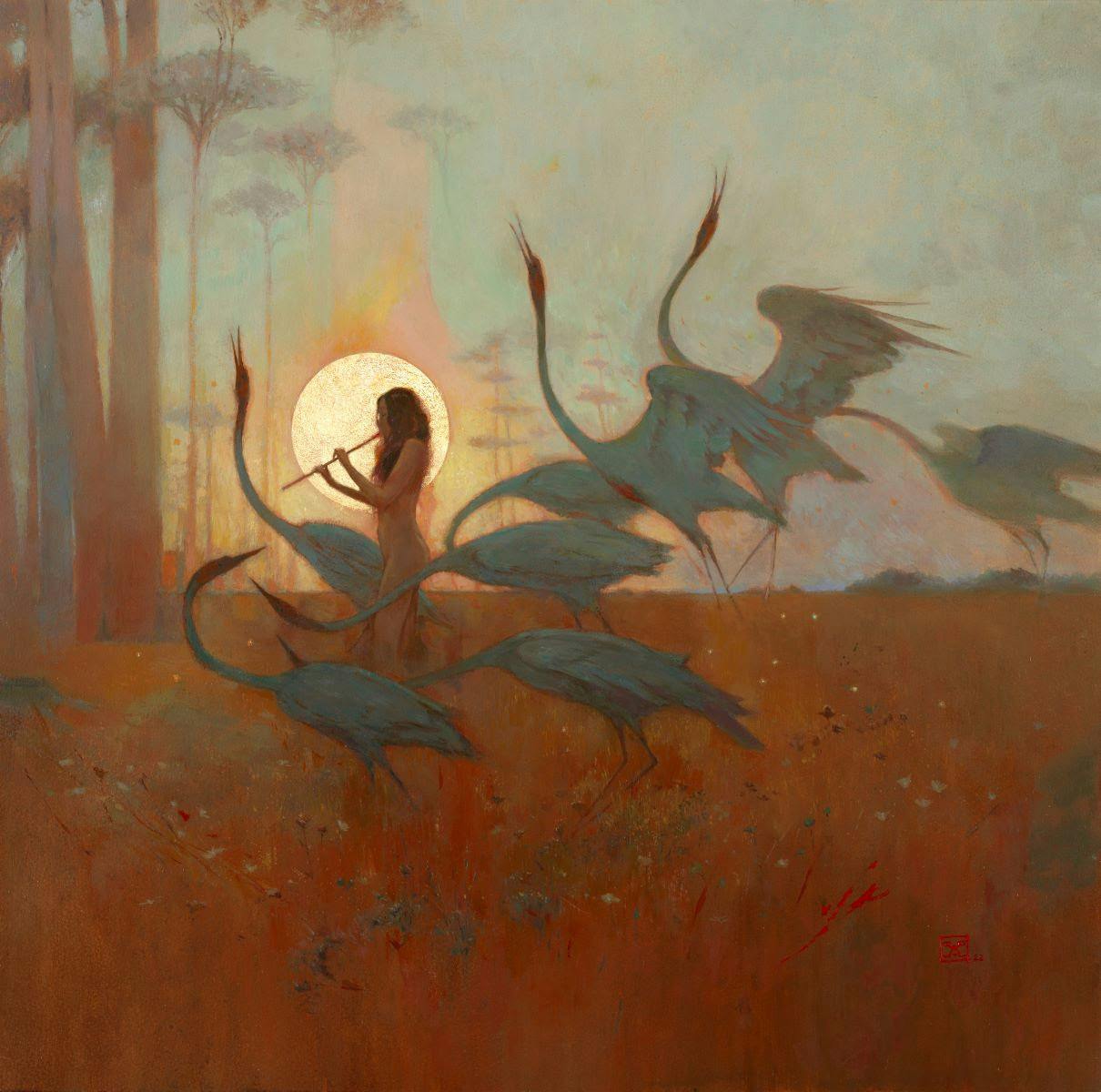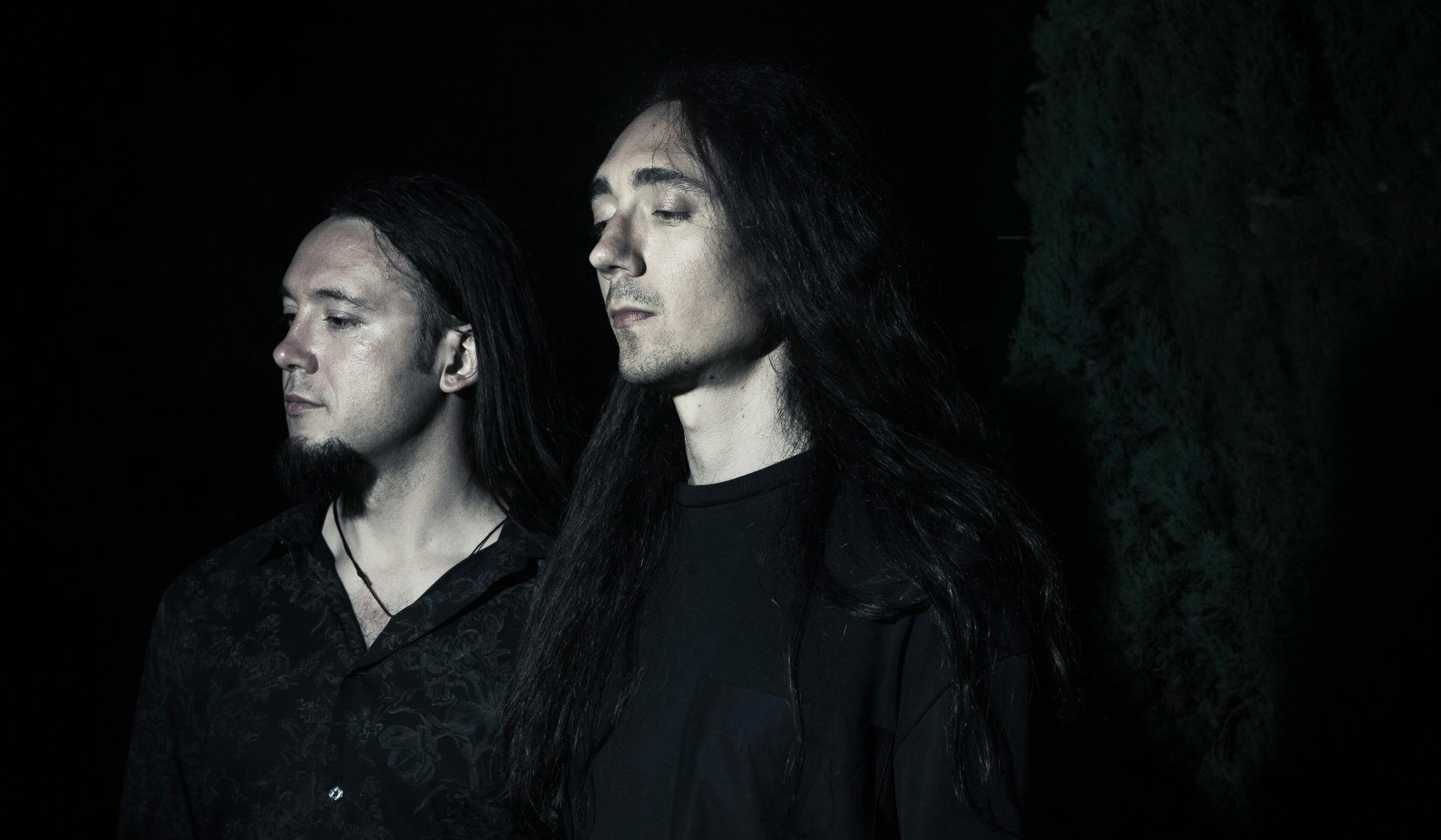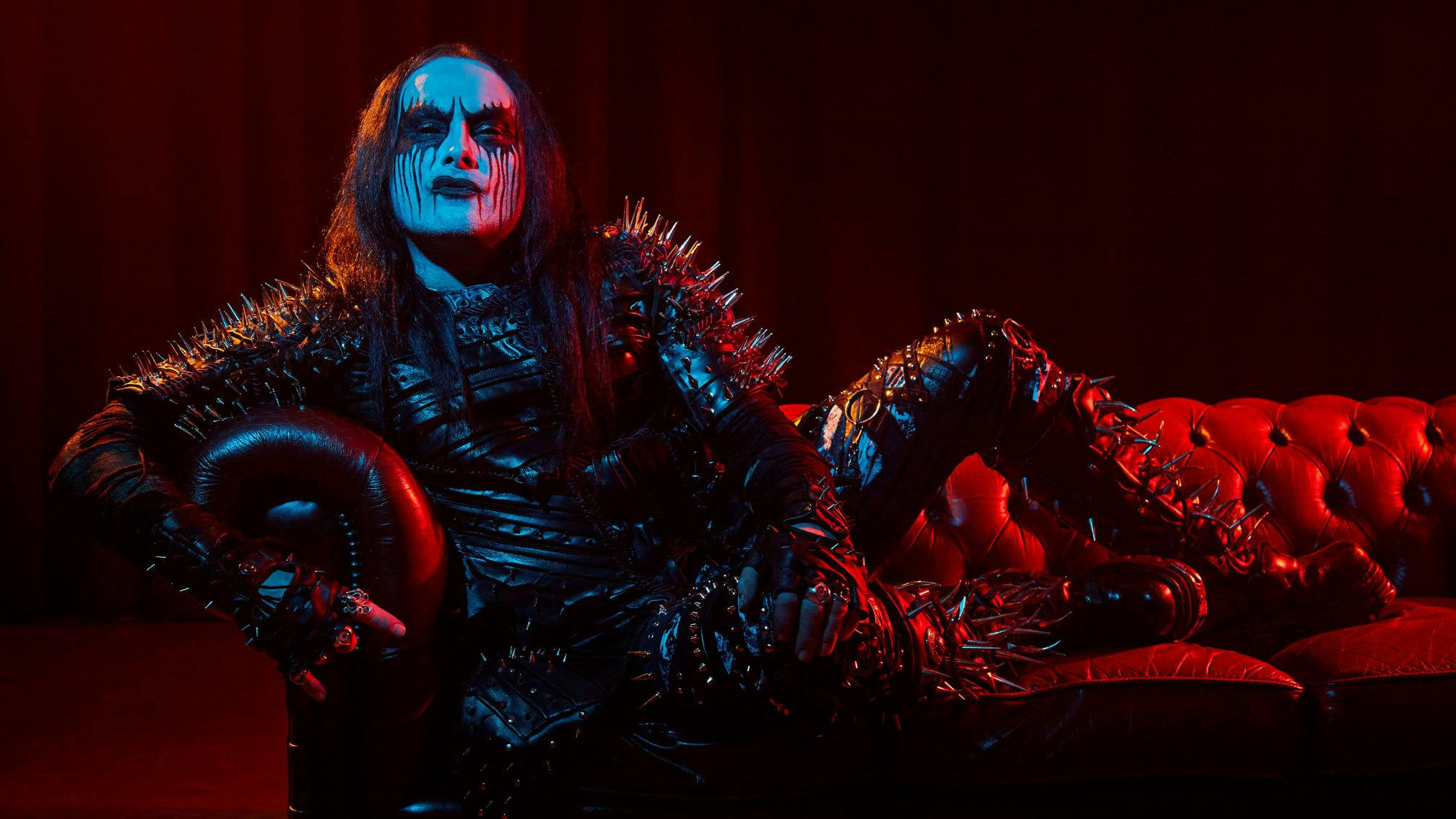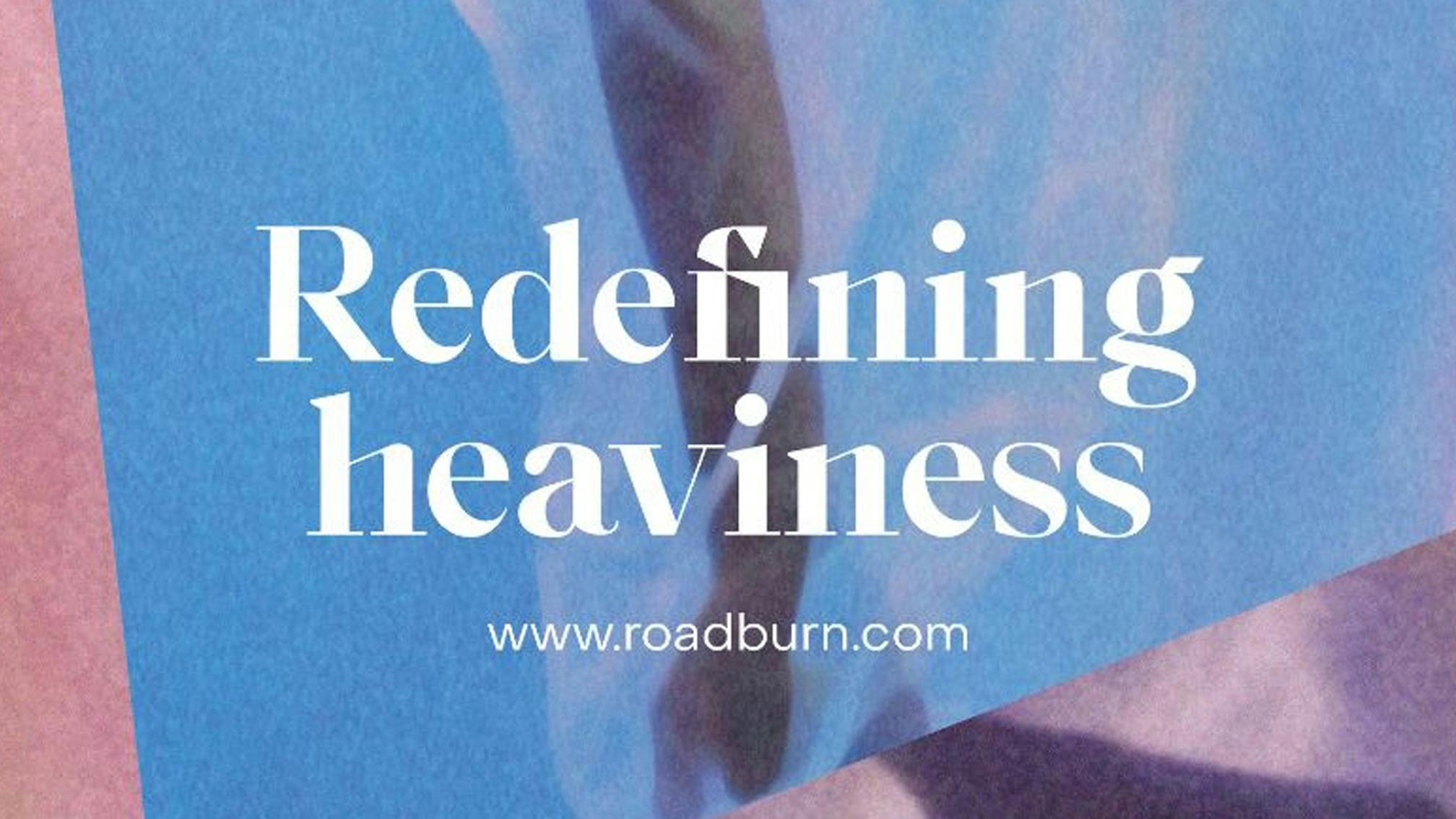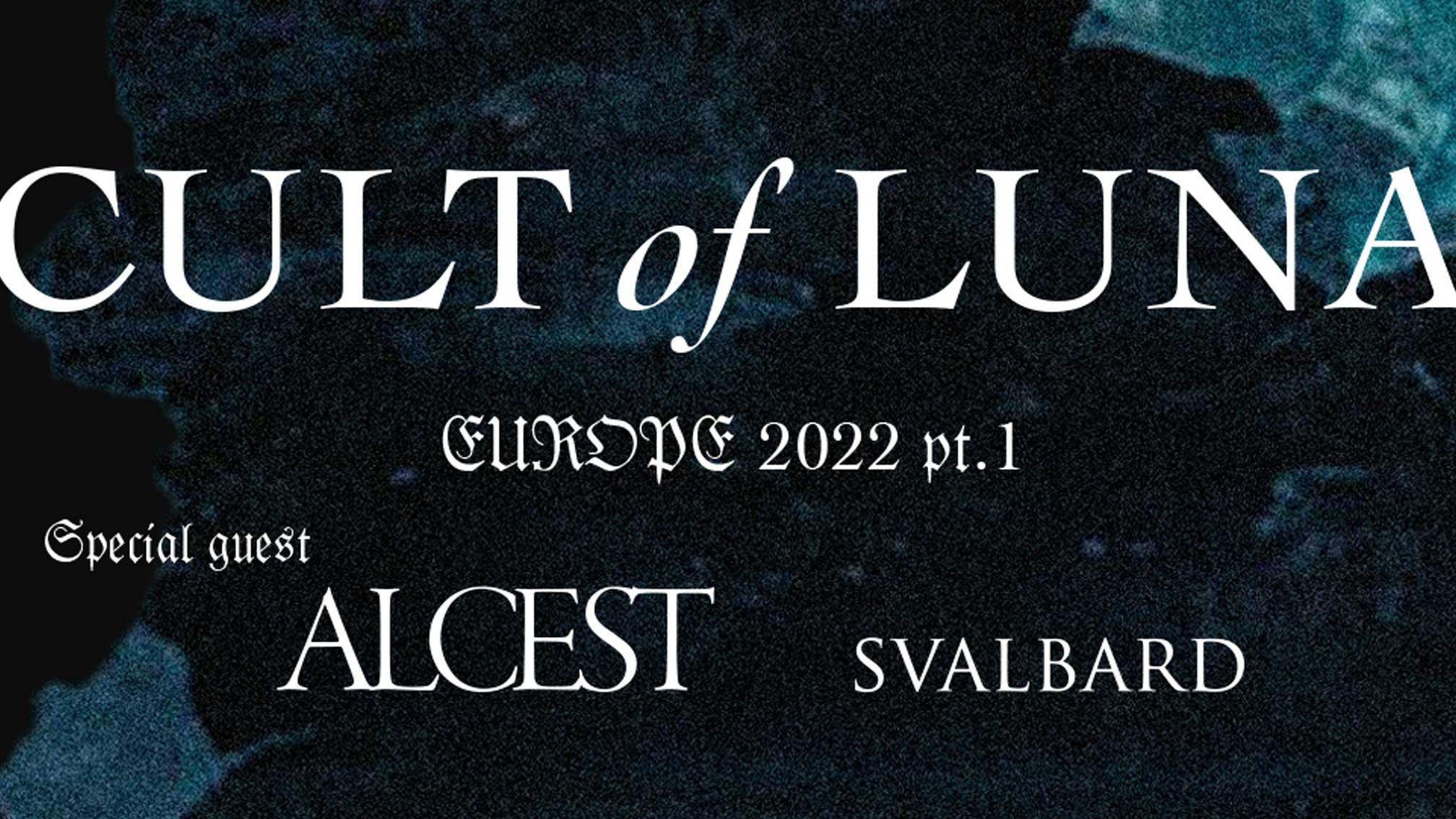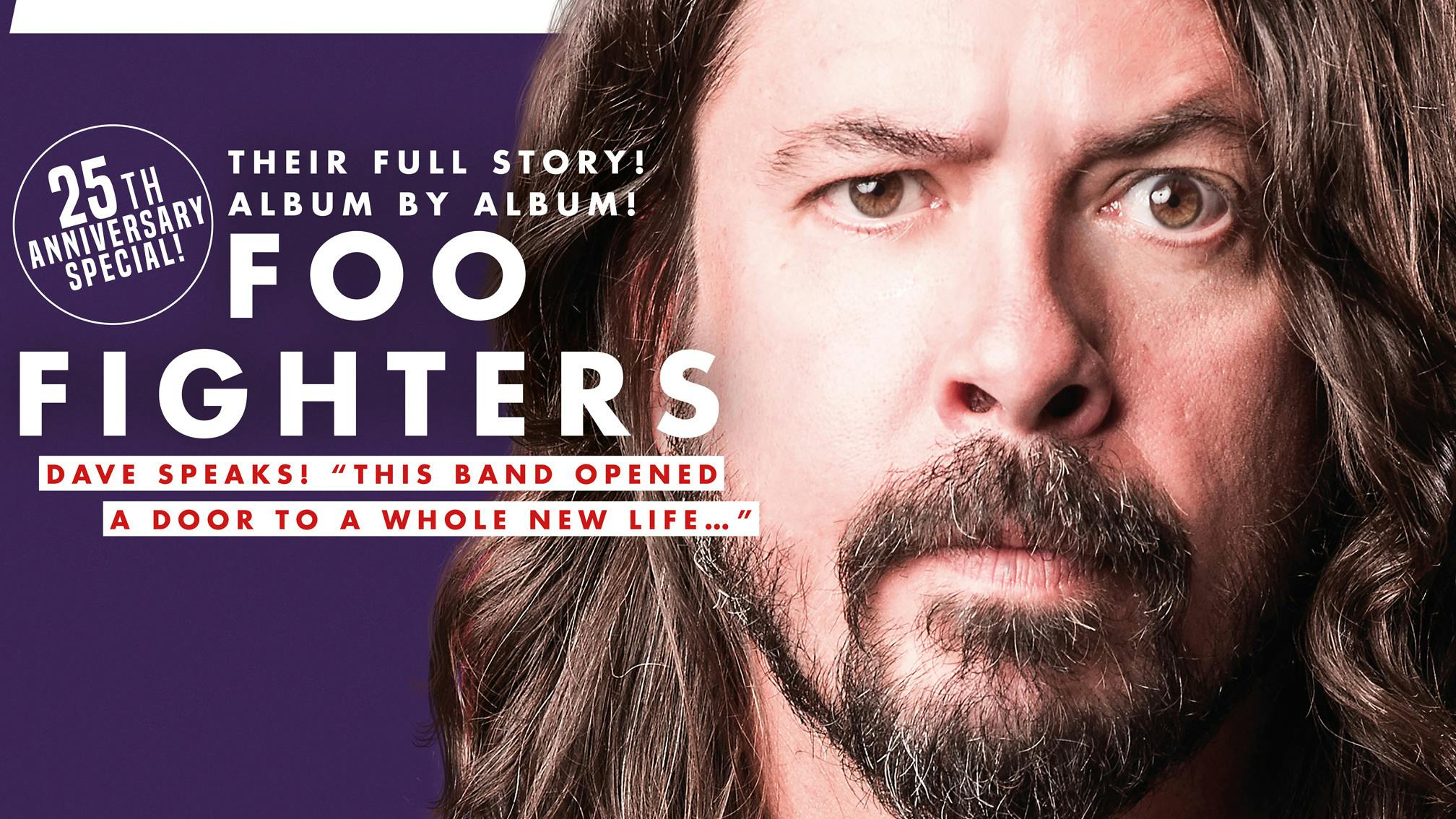The last couple of records were pretty metal, whereas this has that more euphoric, dreamy feel…
“Yeah, they were, for Alcest, two quite dark albums. Usually, as you say, it's more like this uplifting type of music, very spiritual, very nostalgic. The two last records were… stronger and more angry. That’s one side of Alcest, but the main sound of this band is this very uplifting and spiritual sound. I needed to come back to that original approach. So, after having done two albums that were quite inspired by the darkness of the times we live in, I saw that – especially in these dark times – to make an album that has a lot of harmony and beauty and positivity could really stick out. I thought maybe people would really enjoy it, because it feels almost like a healing.”
The title, Les Chants de l'Aurore, translates as ‘The Songs Of Dawn’ – what does that mean to you?
“I guess that could mean many, many things. Like, this album is very orchestral, and it has a lot of different vocalists besides me – I asked a lot of my friends to sing on it. The dawn thing is like some kind of rebirth for me, after having done two quite dark records, a new day starting.
“Also, the title goes well with the mood of the cover artwork, because it has these very warm colours. To be honest, I didn't really think too much about the title, I just wanted something that fit the overall mood of the album and the artwork, because in essence, everything is connected, what you see on the cover art should be how the songs sound, and the lyrics go with it too.”
That approach feels quite similar to your earliest albums…
“Yeah, of course, it's supposed to be the most uplifting music I can possibly make, and the first Alcest album is very similar. It was a very uplifting album, people said it was like a mix of shoegaze and black metal. I started to get a lot of hate from the pure metalheads, because they were like, ‘How could this thing possibly exist? Uplifting black metal with very androgynous, clean vocals?’ It was something very different, something that people would hate or love, but at least it was very different from everything that was been released. I think this album will have a little bit of this effect again, because a lot of the music I hear these days is very dark. A lot of people are actually inspired by our reality now, which I completely understand, but we decided to go the complete opposite way. We wanted people to feel some serenity and some love, and to bring them to a more beautiful place.”
It's not often artists talk about wanting people to find a stillness through their music, rather than smashing something.
“No, and that's why Alcest is so weird. I know we are a really weird band; many people tell us we’re weird, but I take it as a compliment, because if it's weird, it means that it's quite unique, you know? It's important in the music industry now to not just be a copycat of someone else. It's funny, because metal bands try to be provocative by being dark and angry and stuff, but I think the ultimate provocation in metal is to be to be serene and positive.”
